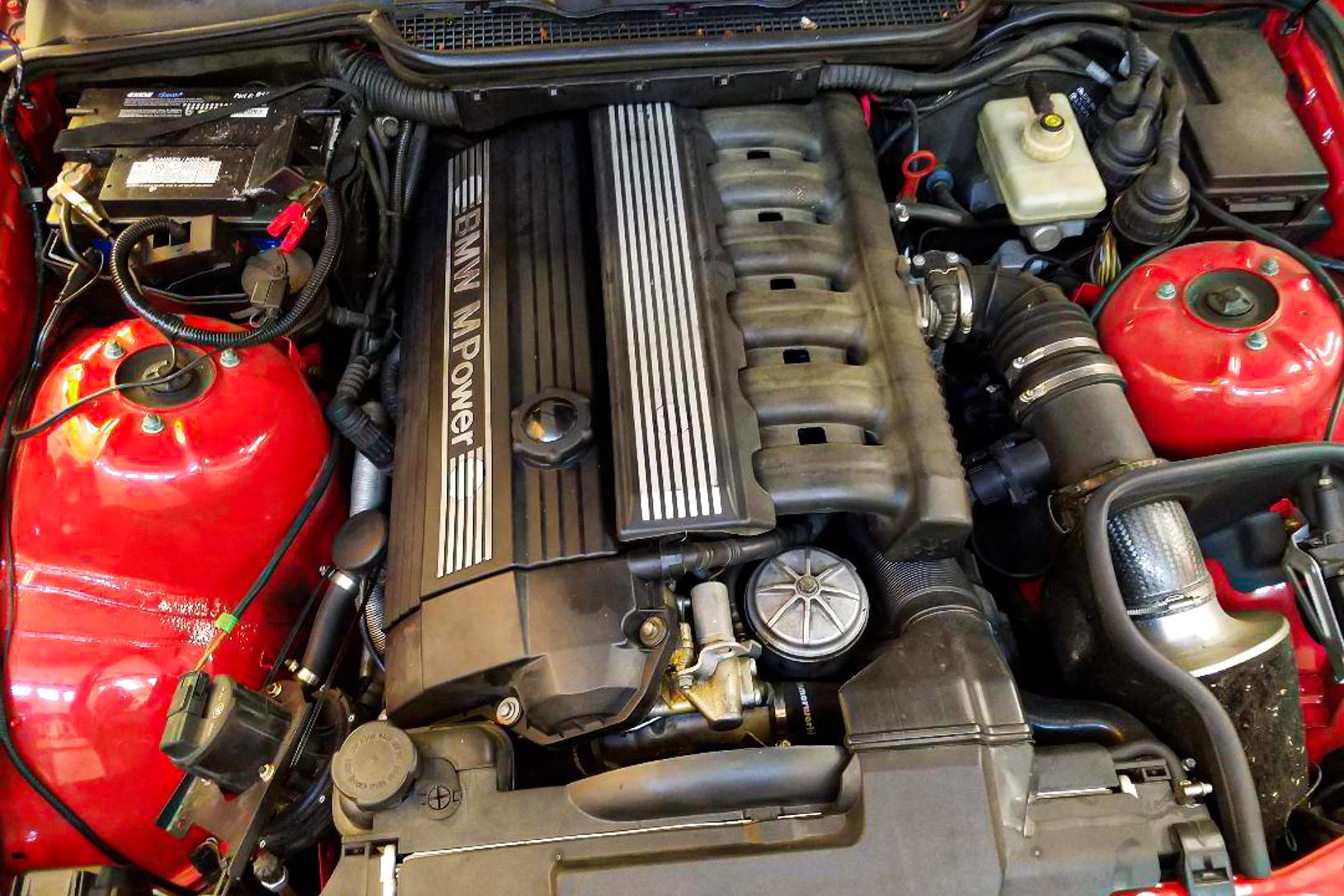Secret Attributes to Look for When Purchasing an Engine for Automotive Applications
When considering the acquisition of an engine for automobile applications, numerous vital functions necessitate careful evaluation to ensure optimal efficiency and performance. From power and performance capacities to sustain adherence, effectiveness, and sturdiness to emissions requirements, each facet plays a vital function in identifying the engine's viability for certain automobile needs. In addition, cost-effectiveness remains a pivotal consider the decision-making process, balancing top quality with monetary considerations. These functions collectively add to the overall performance and reliability of the engine, affecting the driving experience and long-term satisfaction of the individual.
Power and Efficiency
When choosing an auto engine, purchasers prioritize power and performance to make certain optimum driving experience and performance. The power output of an engine, commonly gauged in horse power (HP) or kilowatts (kW), determines the velocity, full throttle, and general capabilities of a lorry. Higher power ratings typically lead to quicker acceleration and better performance, especially during surpassing or carrying heavy loads. Efficiency, on the other hand, encompasses a wider spectrum of features, including gas effectiveness, discharges, dependability, and overall driving dynamics. A well-performing engine not just supplies power effectively yet additionally operates efficiently throughout different rate varieties and driving conditions.
Furthermore, variables such as engine variation, crossbreed, and turbocharging technologies play considerable duties in enhancing both power and performance degrees. Eventually, picking an engine that offers a potent combination of power and efficiency makes certain a satisfying and effective driving experience.
Gas Efficiency
Enhancing gas performance is a critical consideration for customers when reviewing automotive engine options. Modern engines with functions like straight gas shot, turbocharging, and variable valve timing can significantly enhance fuel effectiveness by boosting burning procedures and lowering power loss.

Durability and Dependability
Achieving resilient performance and dependable operation is essential for customers evaluating the toughness and reliability of auto engines. When considering an engine for vehicle applications, resilience describes the engine's ability to stand up to wear, stress and anxiety, and severe operating problems over an extended period. Integrity, on the other hand, suggests that the engine can continually perform its designated feature without unexpected break downs or failures.
Customers should search for engines created with top quality materials and exact design to ensure durability. Parts such as bearings, pistons, and crankshafts should be durable to deal with the engine's power outcome without premature wear. Furthermore, engines outfitted with innovative air conditioning systems, effective lubrication, and robust filtration mechanisms tend to exhibit greater degrees of reliability.
Regular upkeep and adherence to manufacturer recommendations are also essential consider protecting an engine's sturdiness and dependability. By complying with maintenance schedules, using advised liquids, and resolving any kind of concerns immediately, consumers can make the most of the lifespan and performance of their auto engines. Eventually, prioritizing resilience and reliability in engine option can bring about a much more rewarding ownership experience with less unforeseen disruptions.
Emissions Conformity
Guaranteeing compliance with exhausts guidelines is a vital aspect of evaluating auto engines for ecologically conscious customers. With enhancing concerns concerning air top quality and environmental influence, rigorous exhausts standards have been put in place worldwide to decrease harmful pollutants launched into the atmosphere. When acquiring an engine for automobile applications, it is important to consider its emissions conformity to reduce the carbon impact and stick to legal demands.
Modern engines are furnished with advanced exhaust control innovations such as catalytic converters, exhaust gas recirculation (EGR) systems, and selective catalytic reduction (SCR) to decrease unsafe exhaust gases like nitrogen oxides (NOx), carbon monoxide gas (CO), and hydrocarbons (HC) These systems play a vital function in ensuring that the engine meets the specified exhausts standards and operates within permitted limits.
Cost-effectiveness
When thinking about auto engine acquisitions, examining cost-effectiveness is critical for customers looking for both performance and value. Cost-effectiveness in engine procurement involves more than simply the first purchase price. It includes the general costs associated with maintenance, fuel usage, and prospective important site repair work over the engine's life-span. Selecting an engine that offers an equilibrium between ahead of time costs and long-term savings can lead to considerable benefits for the consumer.
Engines that are created to make best use of fuel economic climate can lead to considerable financial savings over time, particularly for individuals that drive regularly or over long distances. bmw 318ti. Additionally, thinking about the availability and price of extra parts and servicing can add to the general cost-effectiveness of an engine.

Verdict
To conclude, when buying an engine for automobile applications, it is vital to take into consideration vital functions such as power and performance, gas efficiency, dependability and toughness, discharges compliance, and cost-effectiveness. These aspects are crucial in making certain that the engine fulfills the needs of the automobile and runs properly in different driving conditions - bmw 318ti. Making an informed decision based upon these requirements will eventually bring about a effective and successful automobile engine purchase
From power and performance abilities to fuel performance, toughness, and adherence to discharges criteria, each facet plays an essential duty in establishing the engine's viability for details automobile demands. Engines designed to run on alternate fuels such as electrical power, hybrid systems, or biofuels can use better fuel economic situation and reduced discharges compared to standard fuel or diesel engines. Customers must carefully take into consideration the gas efficiency ratings and modern technologies integrated right into automotive engines to make informed getting decisions that line up with their top priorities for cost financial savings and sustainability.
When see post taking into consideration an engine for automobile applications, longevity refers to the engine's capability to hold up against wear, anxiety, and harsh operating problems over an extended duration.In final thought, when acquiring an engine for automotive applications, it is crucial to take into consideration crucial functions such as power and efficiency, gas dependability, toughness and effectiveness, discharges compliance, and cost-effectiveness.